Why ISO 13485 Certification Matters for Medical Device Companies
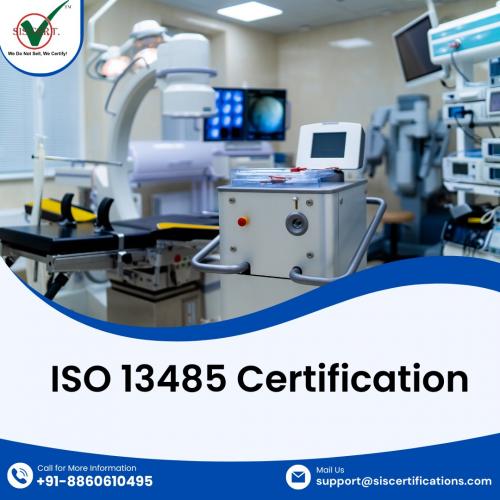
ISO 13485 certification is crucial for medical device companies for several reasons:
1. Regulatory Compliance
Global Acceptance: ISO 13485 is recognized internationally and helps companies meet regulatory requirements in various markets. It facilitates entry into countries that mandate compliance with this standard, such as the European Union, Canada, and Japan.
Harmonization: It aligns with various regulatory requirements, including the EU's Medical Device Regulation (MDR) and the U.S. FDA's Quality System Regulation (QSR).
2. Quality Management System (QMS)
Systematic Approach: ISO 13485 provides a comprehensive framework for establishing and maintaining a robust QMS, ensuring consistent product quality.
Risk Management: The standard emphasizes risk management and control throughout the product lifecycle, enhancing safety and efficacy.
3. Market Competitiveness
Customer Confidence: Certification demonstrates a company's commitment to quality, enhancing trust among healthcare providers, patients, and regulatory bodies.
Market Access: Many tenders and contracts, especially in public healthcare, require ISO 13485 certification as a prerequisite.
4. Operational Efficiency
Process Improvement: Adhering to ISO 13485 can lead to streamlined processes, reduced errors, and improved operational efficiency.
Documentation and Traceability: It ensures comprehensive documentation and traceability, which are crucial for identifying and addressing potential issues swiftly.
5. Risk Reduction
Product Safety: By focusing on risk management, ISO 13485 helps minimize the risks associated with medical devices, protecting both the company and end-users.
Legal Protection: Compliance with ISO 13485 can provide a level of legal protection in the event of product recalls or litigation.
6. Continuous Improvement
Feedback Mechanism: The standard requires a continuous feedback loop, enabling companies to learn from past experiences and continuously improve their products and processes.
Corrective Actions: It mandates corrective and preventive actions (CAPA) to address non-conformities, promoting a culture of continuous improvement.
7. Supplier and Partner Assurance
Supplier Management: ISO 13485 includes requirements for supplier qualification and monitoring, ensuring that suppliers also adhere to high-quality standards.
Partnerships: Certification can facilitate partnerships with other ISO-certified companies, creating synergies in quality management.
Conclusion
ISO 13485 certification is more than a regulatory requirement; it is a strategic asset for medical device companies. It ensures product quality, enhances market access, and fosters continuous improvement, ultimately leading to better patient outcomes and business success.
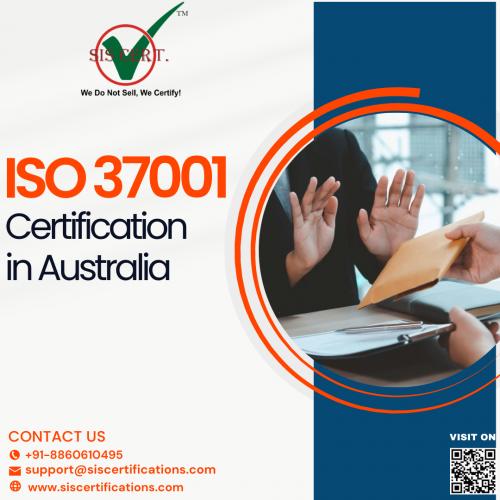


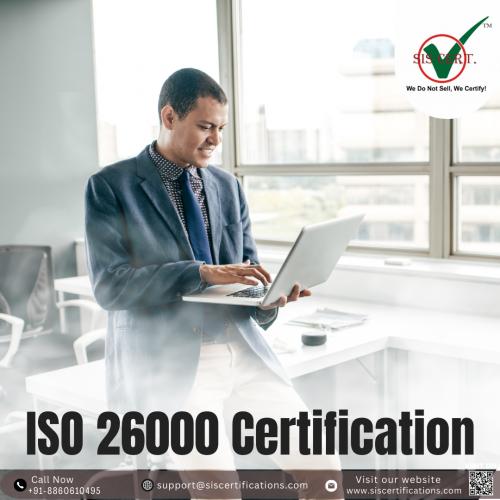

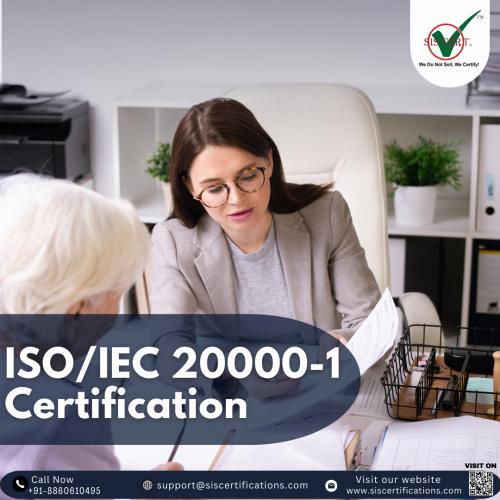
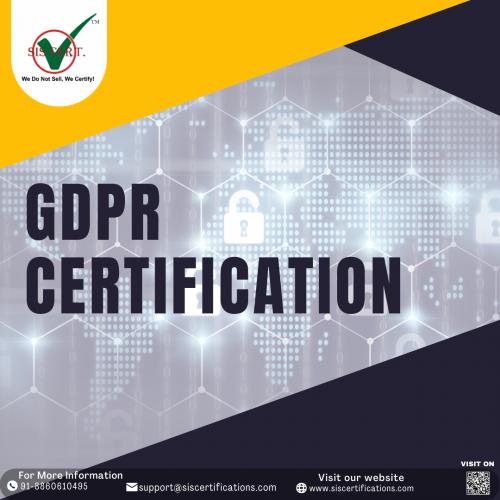

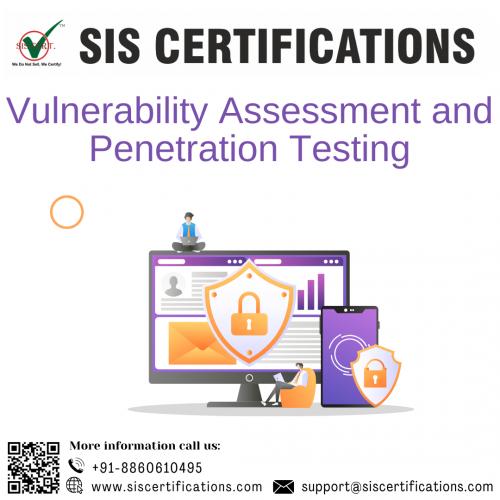
Comments